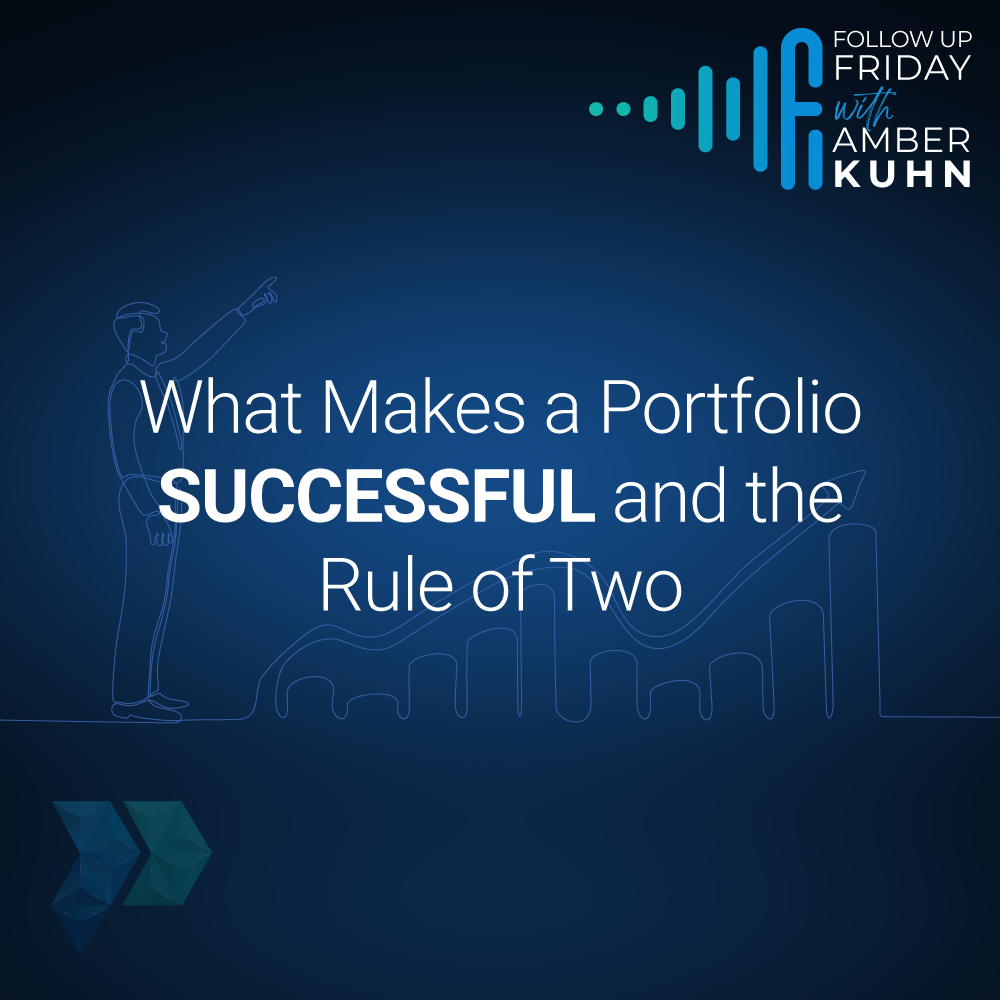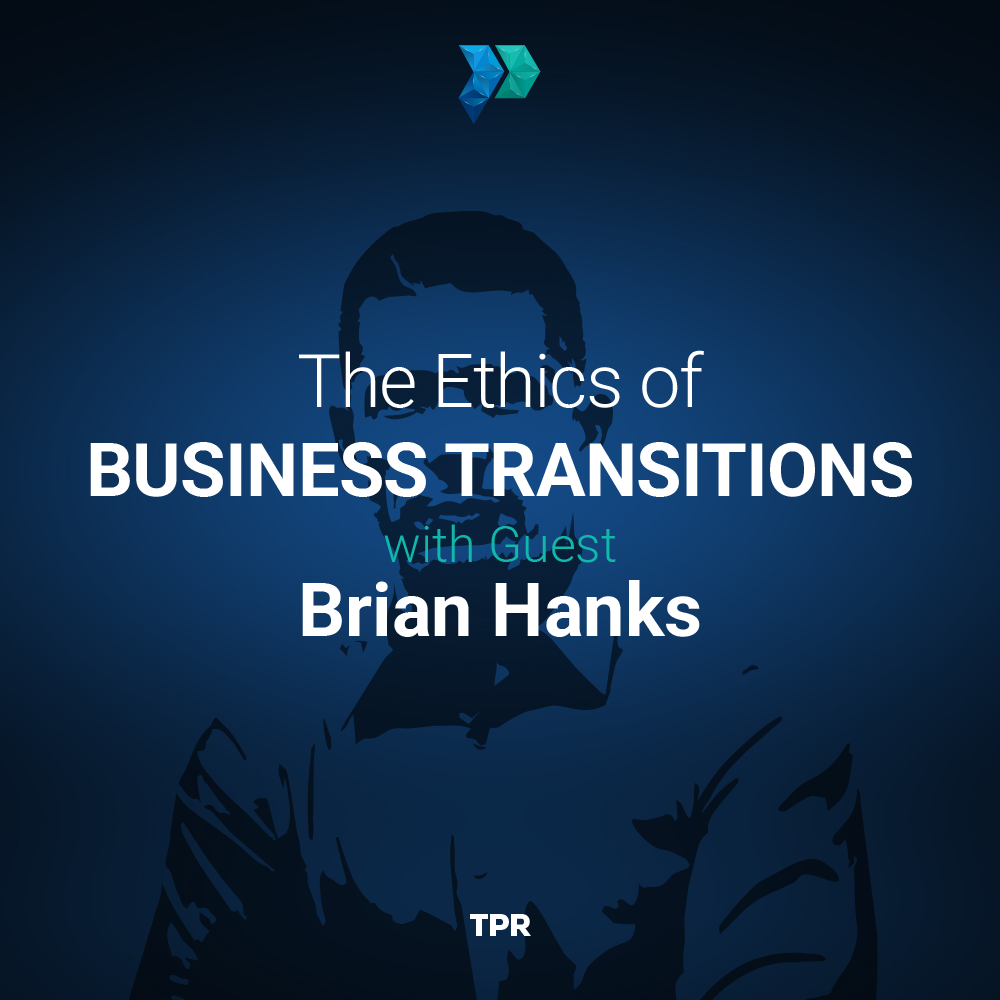What You'll Learn In Today's Episode:
- Judge the success of a portfolio based on the client’s ability to stick with it.
- Educate clients about benchmarks and market illusions.
- Communicate and collaborate with clients to provide value.
- Provide concierge-level service to clients.
In this week’s insightful recap, Amber shares key takeaways. Monday’s episode features Matt and Micah tackling an intriguing question: Are financial advisors overly focused on investments due to difficulties providing value in other areas? They challenge the traditional mindset, suggesting that true success lies not in beating the market, but in creating portfolios clients can confidently stick with long-term.
Thursday’s episode introduces Jamie’s valuable “Rule of Two” concept for strengthening client relationships. This simple yet powerful rule suggests that when a client asks the same question twice, it’s time to pick up the phone. Jamie explains why repeated inquiries often signal underlying concerns and how personal communication can demonstrate your value and boost client retention.
Resources In Today's Episode:
Read the Transcript Below:
Amber Kuhn
Hello TPR Nation. This is Amber Kuhn. Thank you for joining me on today’s follow up Friday, where I’ll be recapping this week’s episode highlights and action items. On Monday, Matt and Micha were back to talk about investments, which stems from a recent question from another advisor who asked if advisors focus so much on investments because they can’t figure out how to deliver value in another way. Now, the guy said investments do matter in that it’s a large portion of the retirement plan, but that there’s such big focus on AUM in the industry, instead of clients and heartbeats or value. But no matter how fancy your investment portfolio is, you need to judge the success of your portfolio, not only on beating the market, but on your client’s ability to stick with it. Also, they pointed out that clients are always being bombarded with messages of having activity in their portfolio, but you need to remind your clients that your job is to do what’s best for them and their goals. Now during these client conversations, Micah said you need to dispel the tax illusion and the market illusion, where clients think that the S, P or Dow is a direct return on their retirement or not, so he’ll focus on his client’s benchmark, not the market’s benchmark. Learning how to communicate this and educate your clients is where you can get a lot of return for your investment with your time, especially when you’re at conferences. The guys said to ask how others are responding to client questions about the market. Matt and Micah talked about how money is emotional on so many topics, so you need to be able to build a plan that meets your clients goals and that has the greatest likelihood of them sticking with it. Micah will tell his clients that he wants their portfolio to take the least amount of risk needed to meet their goals. But with this, they talked about how it doesn’t mean that you’re having a bunch of different models. You need to have a core handful of models and know the lanes you work in, especially so that when that next shiny object comes along, you continue to keep your focus narrow, but also by streamlining, you take into account how you can do this upscale so tasty and missed Monday’s episode, Micah said, You need to pull up your investment account and your contributions and see if you’re investing the same way you recommend to your clients. You need to be following your own advice. You want to make sure that you’re putting your money where you’re recommending it for your clients. You also want to be able to experience things as your clients do, which is a great way to learn what they actually go through. The guys also talked about body language and how you’re presenting investments to clients. If you’re not tuned into their body language, that can cause you to lose some credibility. You need to understand the difference between truly educating clients and lecturing, and you need to empower your clients to solve on their retirement and look at the things that they can control, such as their spending habits. And you want to give them the tools so that they stay invested when the market goes down. By doing this, you’re delivering value and not just noise. And again, you want to have the best plan that your client is going to stick with, mad mega wrapped up by sharing that whatever investment strategy you follow, you need to be able to go into a client meeting with 100% conviction that it’s the best possible investment strategy. Let’s get into action items. Your investment allocations need to be perfectly aligned with your clients. So have someone else look at your investments and if they don’t match, make that change now and ask your spouse about your financial plan and whether they know what it is you want them to be involved and know what the plan is. On Thursday, Jamie was talking about the rule of two and why it’s so important in setting you and your team up for home runs with your clients, and how you can avoid losing clients and setting your team up for success, Jamie kicked off her episode by sharing how you do anything is how you do everything. She shared a story about a fishing lodge where her spouse is heading up for some time, and how there’s a new rule from the younger protege, who let their confidence trump the prior expertise. But with this scenario, it was important to remind the team that they committed to doing something in that when you show up, you need to give it your absolute best, but also, because there was a younger couple who was running the lodge, that you need to give people an opportunity to recognize problems and to collaboratively solve it together. So with the story Jamie shared and how it connects to not losing clients, she said that you have to be those collaborative problem solvers and also not allow your confidence to interfere with someone else’s expertise on a subject. So she then went into the role of two she admitted that she used to dread doing this because it used to entail a daily morning meeting with the entire team to review what client interactions took place the day before, and while she hated the meetings, she realized the importance of it, because her father wanted to know who was contacting the office, because the clients are how they’re making a living, we wanted to know if they were on the verge of losing a client, and if they could do something about it. She shared a recent situation where an advisor in their office lost a client, and how they went back to review what happened. The client had reached out a couple of times with questions, and the operations team had responded. Now the answers were correct, but what they realized was that those answers work what the client needed. Instead, the advisor should have called, and this is the Rule of Two, if a client asks a question two times, you pick up the phone and call because something just isn’t connecting, and you don’t want that back and forth. And ultimately, if they’re asking additional questions or reaching out more than once, then they have an underlying question that isn’t being answered. Clients are hiring you for your knowledge, your expertise, and especially for your ability to offer concierge level service. They want someone in their corner giving expert advice on the things that they don’t understand. It’s that fear you’re solving for and also anticipating your clients need to make sure that they’re being taken care of. Now, with picking up that phone, it doesn’t mean that you’re deviating from your processes or from your search schedule, but it does mean that you become acutely attuned to what the real questions are from your clients. Now in her office, Jamie said that they have a lot of people who are interacting and talking with your client, but it’s not always the advisor, and most of time that works, but there’s going to be a small percentage where it doesn’t, and you really need to be paying attention. So just consider what would happen if you just picked up the phone to have a conversation and really got to the underlying question that a client has, because it’s about value in connecting. And Jamie said, when you don’t show value and you aren’t connecting with your clients, you’re going to lose them. Jamie wrapped up by sharing that, if you feel you’re losing clients more than you should, you need to use that rule of two, and also don’t allow your confidence to interrupt someone else’s expertise and make sure that you learn from your mistakes. That wraps up this six recap. So TPR nation, if you’re looking for more resources, or if you have a question, be sure to reach out to us at lifestyle@theperfectria.com thank you for joining me, and please share this or any of our episodes with another advisor or team member who you think might benefit from listening and be sure to subscribe to The Perfect RIA podcast so you don’t miss an episode until next time. Happy planning.








